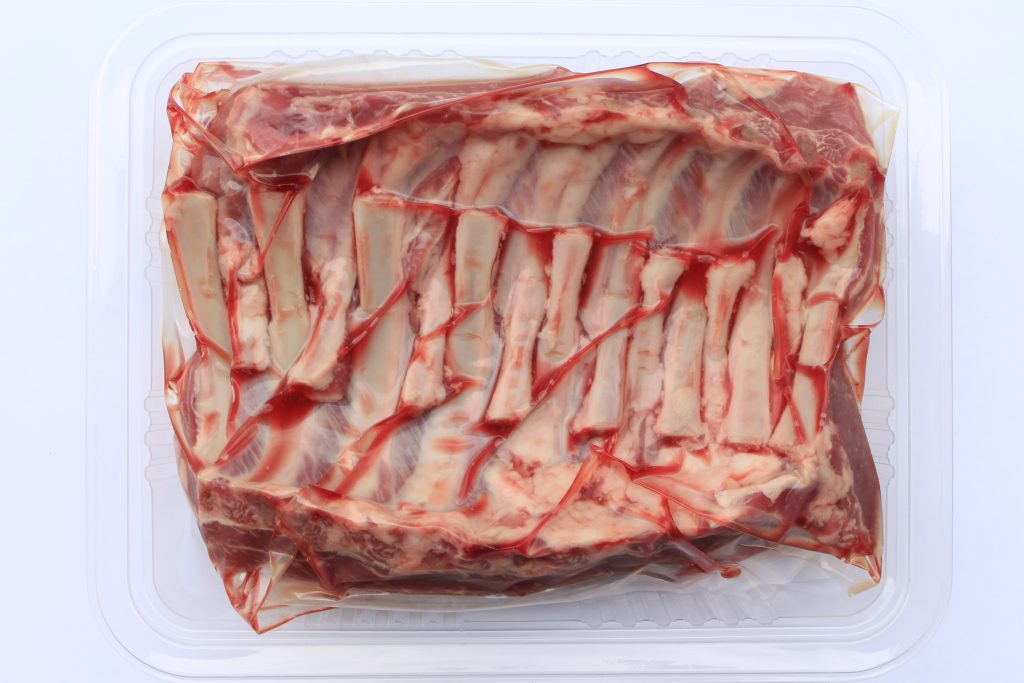São Paulo – A new opportunity is available for Brazil’s goat and sheep meat industry on the international front. Since last March, these meats are exportable to Kuwait. The Gulf country had expressed an interest in sheep meat from Brazil back in 2017, via the Public Authority for Agriculture Affairs and Fish Resource.
However, the demand is not expected to be met in the short or medium term. The reason is Brazil still needs to import sheep meat to cater to meet its domestic needs from countries like Uruguay, while the goat industry lacks incentive and organization. As per numbers from the Brazilian Ministry of Agriculture, Livestock and Supply numbers, Brazil imported 6.39 million kilograms of goat and sheet meat in 2019.
Currently there are some 9.8 million head of goat in Brazil, 90% of which is in the Northeast. Sheep amount to 18 million – 60% in the Northeast and 25% in the South. Sheep meat output is 91 million tons. To supply its domestic market, Brazil imports at least 10% of its needs, the bulk of it coming from Uruguay.
Exports
Researcher Marco Bomfim, Goat and Sheep Unit head at the Brazilian Agricultural Research Corporation (Embrapa), who joined an Embrapa mission to the United Arab Emirates, says Brazil is paying attention to foreign demand .”We have a demanding export market. We’ve seen demand from the Arab market, from countries like Egypt. But now the country’s goat breeding system is not prepared. Usually there’s a demand for livestock. There’s a perspective in place, because the chain is expanding. It grew by 75% over the past few years in the country. A The chain is getting organized. We have several specialized slaughterhouses targeting the Middle East market,” he said in an interview over the phone.
A source in Kuwait told ANBA that there really is a demand for the product, but protracted planning would be needed to agree on the amount, quality and price Brazil might offer. Just as Brazil has secured the entire Kuwaiti poultry market, goat and sheep meat needs are fully met by New Zealand. Goat imports to Kuwait are mostly sold to the likes of Somalia and India, both of which are nearer Kuwait than they are Brazil.
In order to work around these barriers, Marco Bomfim believes producers can rely on past experiences from the beef and poultry industries. “Since Brazil is in very good standing with those countries, this sales mix could be brought to fruition. Agriculture minister [Tereza Cristina] travelled to Egypt last year, and there was a demand for 10,000 head of goat. We aren’t ready to supply that much yet, but the demand is there nonetheless,” he said.
The idea is for the industry to benefit from the logistics already in place for the shipping of other meats. “The outlook is great. Although not in the short term, the Agriculture Ministry is encouraging diversification. There already is a great interest in livestock, but some countries require halal slaughter to take place here in Brazil,” he explained.
Demand in Arab countries is biggest for lamb, while goats are mostly seen as a source of dairy. According to Bomfim, in the UAE there are small-scale sheep and goat breeders. This is one of the things the Arab country would like Embrapa to help with by opening a local office, talks for which are underway. “They have small goat and sheep breeders, and there are plans to bring in technologies employed by Embrapa in semiarid areas in Brazil to support that,” he said.
Organization is key
But the country needs structuring out before going global. It should be at least five years before domestic maturity is reached, and then international contracts can be worked out. “Organization the chain is perhaps our biggest challenge. The idea is to strengthen these productive groups, associations and cooperatives involved with slaughtering. The first step would be to take up this space in the domestic market with high value-added meat, and then to acquire the musculature to get into international contracts,” he said.
One solution could be to unify cooperatives in order to broaden the scale in production and slaughter “Having cooperatives become associated could be one perspective for the future,” said Bomfim. So said Brazilian Goat Breeders Association (ABCC) president Arlindo Ivo, for whom organization is in order, particularly when it comes to slaughtering. “That’s why we couldn’t export much at this time; slaughtering is too far between. Exporting meat would entail rearranging the entire chain and directing production to two or three slaughtering facilities only,” he said.
Still, Ivo envisions private sectors initiatives towards broader-scale slaughter. “Next year in Pernambuco should see a dedicated goat and sheep slaughterhouse become operational. By then I think we’ll begin to see the chain organize towards a specific goal,” said the president, who stressed that this plant will only supply South and Southeast Brazil. He believes investments of this kind are the beginning of an industry-wide organization. “About 10 years down the line we might be exporting. The future is promising. I think first of all it needs to work out, and breeders need to get paid better, otherwise they won’t keep slaughtering,” he concluded.
Translated by Gabriel Pomerancblum




